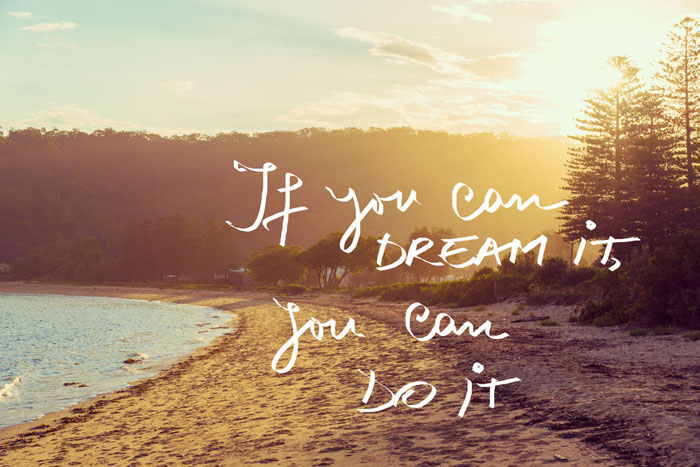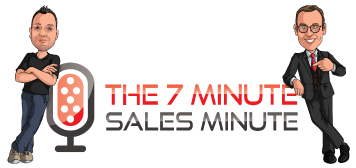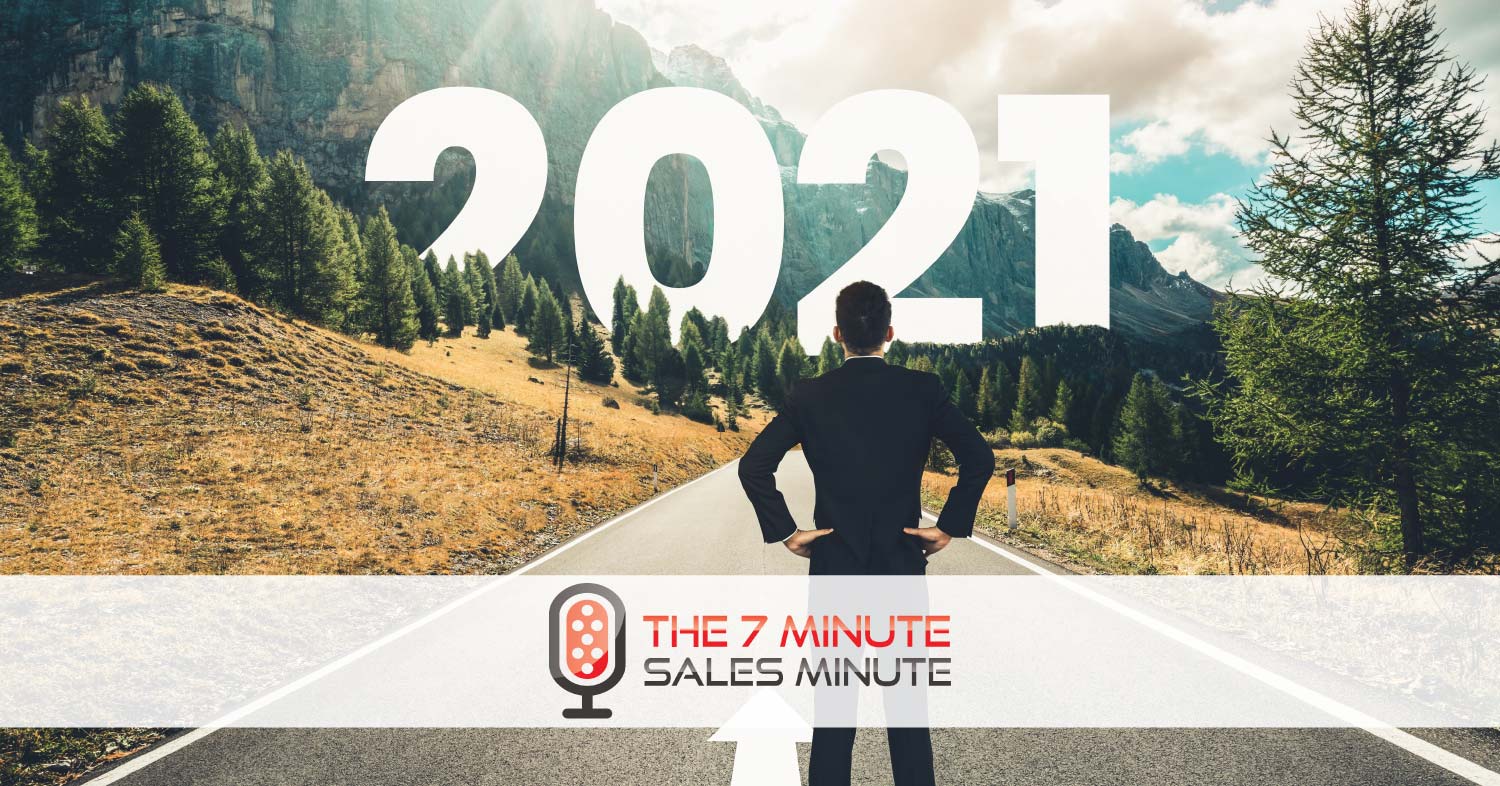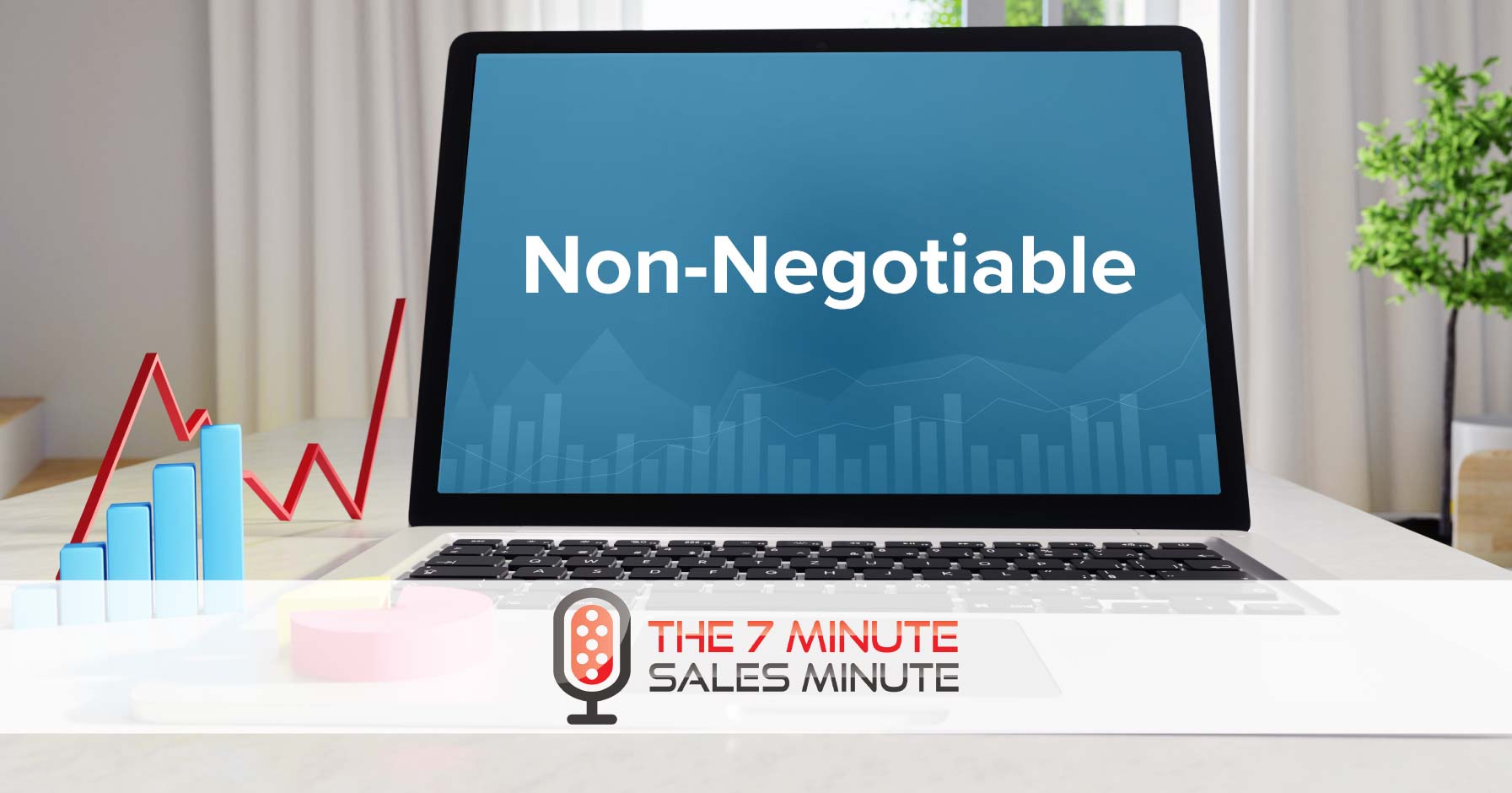
In today’s episode, Jon and Scott discuss mindset with a side of mindset. And for dessert, a giant slice of mindset and a hot cup of mindset.
If you haven’t figured it out, mindset is key. It’s contagious, both good and bad.
Sit back and enjoy!!
Please take the time to visit out sponsor Audible.com for a free Audiobook and a free trial 30 day membership.
Read the transcript
Scott Fishman: How are you doing, Jonny?
Jon Dwoskin: I’m good, Fish, how are you?
Scott Fishman: Good. We’re talking about mindset today.
Jon Dwoskin: I think that’s a great topic to talk about. I think it’s a great time to talk about it right now because it is almost summer and everybody’s got to reverse-engineer the right mindset so when they get to fall, they don’t look back and look at a big disappointment in their pipeline. Because they didn’t have the right mindset going into the nice weather. We’re in Detroit, so, here, the spring, and we have some tough winters. I know people are listening around the country; but, regardless, summer months are easy months to slack off in.
Scott Fishman: Yeah, for sure.
Jon Dwoskin: We need the proper mindset now and prepare, which I think is one of the most important things that a sales person can do, which is really prepare.
Scott Fishman: I agree. As far as mindset goes, for slacking off, I think we should slack off. I think one of the things we need to do is figure out how to plan our time accordingly so we can get that slack off time.
Jon Dwoskin: I agree. I took a year of strategic coach, and one of the things that they preach is that you should have your focus days, you should have your buffer days, and that you should have your free days. That you should actually plan out your free days for the entire year, because you need that 24-hour timeframe to completely disconnect, and completely detach from all business. Maybe even longer, but where you’re not even reading an article.
Scott Fishman: Right. I like that. It’s funny that we’re talking about this right now, and it didn’t even hit me until we hit the record button, but it’s 11:40 AM on a weekday, and we’re recording this- Normally, people always hear us say, “Good morning,” so they know that we’re recording. We usually record it pretty early on the weekends when we can get it in, but this was a random day where during the week, we’re actually able to do this, and take advantage. Frankly, I’m not going to be working too hard today. The stars have aligned in a way where I don’t have to, so I’m going to take advantage of my slack off time. I’ll work a little hard tomorrow.
Jon Dwoskin: Right. You need that. I had a pretty busy morning, and I have a pretty busy afternoon. But, yesterday, I took a day where I did a lot of stuff that I had to do, that I’ve been meaning to take care of it, and it was great. It was an off day. I had a couple calls, but nothing, really. I mean, I didn’t work much, and I feel much more refreshed, and it feels great. I’m glad you brought that up, because when we talk about the right mindset, a huge part of that mindset is putting yourself first and taking time for you as a salesperson to take time. Do something you love to do, hang out with friends, family, and refuel and energize.
Scott Fishman: That’s great.
Jon Dwoskin: Where should we start?
Scott Fishman: I think we just did.
Jon Dwoskin: We did. Let’s talk. The summer is coming, and the mindset of – I’ll just talk, not that I thought we’d talk about Strategic Coach today, but – Strategic Coach the model is how many focus days, how many buffer days, how many free days? A focus day is when you’re just all out. You’re all business. You’re meeting people. You’re talking to people. Your buffer days are where you’re, I’m not going to say this right because I always messed up my buffer days, where you’re doing your cleanup work and things of that nature. You’re slowing down a little bit and doing your follow-up work. I think as far as from my standpoint, looking at May, June, and July, which is in front of us, we need to map out those three months, and we need to isolate what we’re going to do, how we’re going to do it, and what our overall goals are going to be.
Scott Fishman: That makes sense. As far as mapping out our overall goals, I think it’s good to actually do it in that full, do the whole season, do the whole quarter all at once. That way you know you’ve got your eye on the prize, and you know where you stand. Come towards the end of the summer, maybe you have to put in a little bit of extra work knowing that you’ve got Labor Day coming up at that point.
Jon Dwoskin: I always confuse those 2.
Scott Fishman: Exactly. You’ve got that time, so you know that you can go in and work your tail off towards that end.
Jon Dwoskin: Right. Let’s break it down. We’re just having an open discussion right now, but it’s typical I think that people are going to take a little bit more time off in the summer, just because of summer vacations, and family trips, things of that nature. When you’re setting your goals – we’ve talked about smart goals on the podcast – but, when you’re setting your goals, you really got to come up with some concrete numbers that you’re really going to hold yourself accountable to. One of the things that Scott and I were talking about right before we started the podcast is, what are your non-negotiables?
Meaning, when you’re setting your goals, what are your daily non-negotiables, or your non-negotiables for the summer quarter? We’ll call, May, June, July, that you’re going to do no matter what on a daily basis? I always like daily goals, because we’re all in some type of delayed gratification business, so if we can do daily goals, we feel like we’ve accomplished something, it’s a little bit more instant for us. I think one goal should be, to get into the habit of creating three non-negotiables – maybe it’s two for you – that you’re going to do before you go to bed. If that means doing it at 11 o’ clock at night, they’re non-negotiables with yourself.
Scott Fishman: Yeah. That’s perfect. For me, one of my non-negotiables on a daily basis is just helping at least one client every single day.
Jon Dwoskin: That’s a good mission.
Scott Fishman: I change lives, as they say, so if I could change one person’s life for the better every single day, then at least I’ve accomplished that end, and I’m getting someplace.
Jon Dwoskin: That’s great. Look at what you’re doing! Changing their mindset.
Scott Fishman: Exactly.
Jon Dwoskin: Their future. You’re helping them in a tremendous way.
Scott Fishman: That’s true. I actually had a client, just as an aside talking about mindset, I logged in and worked a little bit on Sunday, and I spoke to this lady, we started a conversation. I said, “How is your day?” She said, “I’m depressed.” I said, “Well, let’s see how we can change that,” and she was like, “Yeah, fat chance,” and she laughed. At the end of the conversation, I actually found a way to save this lady a ton of money, let her stay in her house, and she’s going to be there indefinitely until she passes. She’s going to stay in that house, and we found a way for her, on a fixed income, to live there forever. It was an unbelievable phone call, and an unbelievable transaction. It all started with her having a terrible mindset, and me just lending her a hand and picking her up. It changed my day, it changed my mindset for the week.
Jon Dwoskin: That’s powerful. I would say it started with her calling, but it started with you listening. It started without having the right mindset when she called. How she ultimately got to you is somewhat a little bit random, I think. It sounds like the stars were aligned. I think that’s great. On that mindset, it’s sales people, and I’m just going to say what you just said in different words. It’s our responsibility to serve people. It’s what we do for a living. We serve them for a higher need, and we help them in ways that they can’t even imagine. Having Scott’s mindset in every interaction that you have with a client, that’s key. I think the key to know when to take a break is when you feel like you can’t give that 100%.
Scott Fishman: I like it.
Jon Dwoskin: Jon, give us one of your non-negotiables.
Scott Fishman: One of my non-negotiables is always, at the end of the day, sending a follow-up email to every single person that I’ve talked to or met that day. I don’t let the day go by, and I always make sure that by midnight, everybody knows that I’m going to follow up with them. Whether it’s a follow-up call, whether it’s an appointment that I had, whether it’s a prospect that I met with, a quick conversation that I had with somebody; I’m always sending a quick follow-up, whether it’s an email, and in many cases, a text. I think it’s so easy to … So many of my clients communicate via text message, so it’s great. I think that’s really important, because I think one of the biggest complaints people get is that people’s follow-up is just not good.
Jon Dwoskin: Right.
Scott Fishman: That’s a non-negotiable of mine that I stick to every day.
Jon Dwoskin: It’s so simple, yet so effective. When you think about how many times you didn’t follow up with a client, or how many times when you do, they remember you. It’s amazing.
Scott Fishman: It’s exhausting sometimes. By the time I put my kids to bed, by the time I’m done doing what I need to do, sometimes it’s 10 o’ clock at night. Sometimes I think, “Ugh, I don’t want to do this. I’m just tired. I don’t have anything in me,” but I don’t let myself slip at all.
Jon Dwoskin: That’s good. It’s a sense of accomplishment that does help with that, with the mindset, and the non-negotiables.
Scott Fishman: Yeah. It gives me closure to my day, so it allows me to also recap my day, take notes on anything that I need to take, and just give me the closure I need so I can sleep.
Jon Dwoskin: Good.
Scott Fishman: Those are non-negotiables. That’s a mindset. I think that’s a great thing. Then, I just want to talk about – because I don’t know – a three-month business plan for everybody always looks a little bit differently than the next person.
Jon Dwoskin: Right, for sure.
Scott Fishman: I do believe in a 3-by-5 business card, because your business card should not be complicated. It should be able to fit on 3-by-5 card. It should be the two or three things that really move your business forward. I think the mindset, I think we can talk about this for a while: Don’t get stuck in busy work, get stuck in action work.
Jon Dwoskin: Yes.
Scott Fishman: 80% of your day should be in action work that’s moving your business forward, and don’t get lost in the minutia, because that’s a dangerous mindset.
Jon Dwoskin: Yeah. We talked about that before. Working in your business versus working on your business. For sure.
Scott Fishman: Right. Let’s talk about some ways maybe we can get in the proper mindset for that. What do we got to do? What are these-
Jon Dwoskin: One thing, I think about stripping it all the way down. I don’t know if I talked about this before, but I worked with a guy years ago, and he used to say, “I couldn’t get a new client today to save my life.” I would say to him, “Listen, if someone had a gun to your head at 9 am, by 5 pm, I guarantee you’d find a new client today.”
Scott Fishman: By 9:02.
Jon Dwoskin: Right. You’d find a new client, you’d find a way, so don’t say that you couldn’t do it to save your life, because you could. I like to break it all the way down and say, “Okay, literally, if someone did have a gun to my head, where would I find a client? How could I do this? How could I get out of this?” Like that movie Saw, like, “How could I get out of this puzzle and get on with my life?” If I had to. You break it all the way down, and you say, “Okay, well, I could call this person for a referral, I could do this, I could do that.” What’s crazy is it opens up all those doors of the things that we don’t do every single day, which is crazy. Like, why aren’t we asking everyone for referrals? When it comes down to it, and it’s like you’re fired if you don’t do this, or you’re going to lose a finger if you don’t do this, you’ll find a way.
Scott Fishman: Yeah. I love what you’re saying. Reverse-engineering it down to the core of the essence of the fundamentals. As sales people, our business is relatively easy. We get in our own way. It’s picking up the phone and calling people, picking up the phone and going to meet people, and doing good work for them. Following up with them. It sounds pretty easy.
Jon Dwoskin: Exactly. When you break it down, it is so simple.
Scott Fishman: Right. That’s why your mindset I think is so critical because the mindset has to be one where you as an individual can’t let any fear, can’t let any nervousness, can’t let any anxiety, can’t let the fear of rejection; that’s what clutters our heads as sales people. “I can’t call this person because they’re too big for me, or they’re too big of a company, or they’re worth x, or this-” You got to get rid of all that and take yourself out of that thought process, you’re just the vessel that’s communicating with them what they need to make their lives better, like what you did for that woman.
Jon Dwoskin: Right. It’s like Rob Schneider, the comedian, in all the Adam Sandler movies is like, “You can do it!” Like, “Jon, you can do it.”
Scott Fishman: He’s a great, funny character. He’s like that annoying character, but plays a great role in it.
Jon Dwoskin: Exactly.
Scott Fishman: He’s like making copies.
Jon Dwoskin: Yeah. “You can do it!”
Scott Fishman: Right. What else should we talk about mindset?
Jon Dwoskin: Jon, I think literally we’re there. I think from listening to this, hopefully, we’re putting people in their own better mindset a little bit. Just remember, Jon mentioned, and we talked about it to no end: GOOYOW. G-O-O-Y-O-W. Get out of your own way. Gooyow.
Scott Fishman: What is it? You keep on giving me these bombs. What is it, gooyow?
Jon Dwoskin: Gooyow. Get out of your own way.
Scott Fishman: Gooyow.
Jon Dwoskin: We talk about it all the time. Get out of you own way.
Scott Fishman: I love gooyow. Follow the gooyow method. It’s really simple, just break it down. You’ve done it before and you can do it again and just smile.
Jon Dwoskin: I concur.
Scott Fishman: Folks, thank you very much for taking another day to listen to our podcast, another 10 minutes to listen to our podcast, The Seven Minute Sales Minute and, of course, now running 15 minutes today. Thank you very much, and we appreciate you taking the time to listen. And, please visit audible.com and sign up. We talk about good books all the time, and we appreciate that, because that is one of our sponsors.
Jon Dwoskin: Gooyow!
Scott Fishman: All right, thank you very much everybody. Thank you for listening to this episode of The Seven Minute Sales Minute. For show notes and work sheets pertaining to this week’s show, check us out at thesevenminutesalesminute.com. Take today’s strategies and run with them. Increase your sales, and increase your income.




